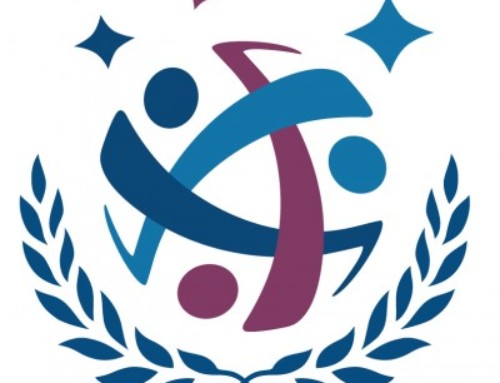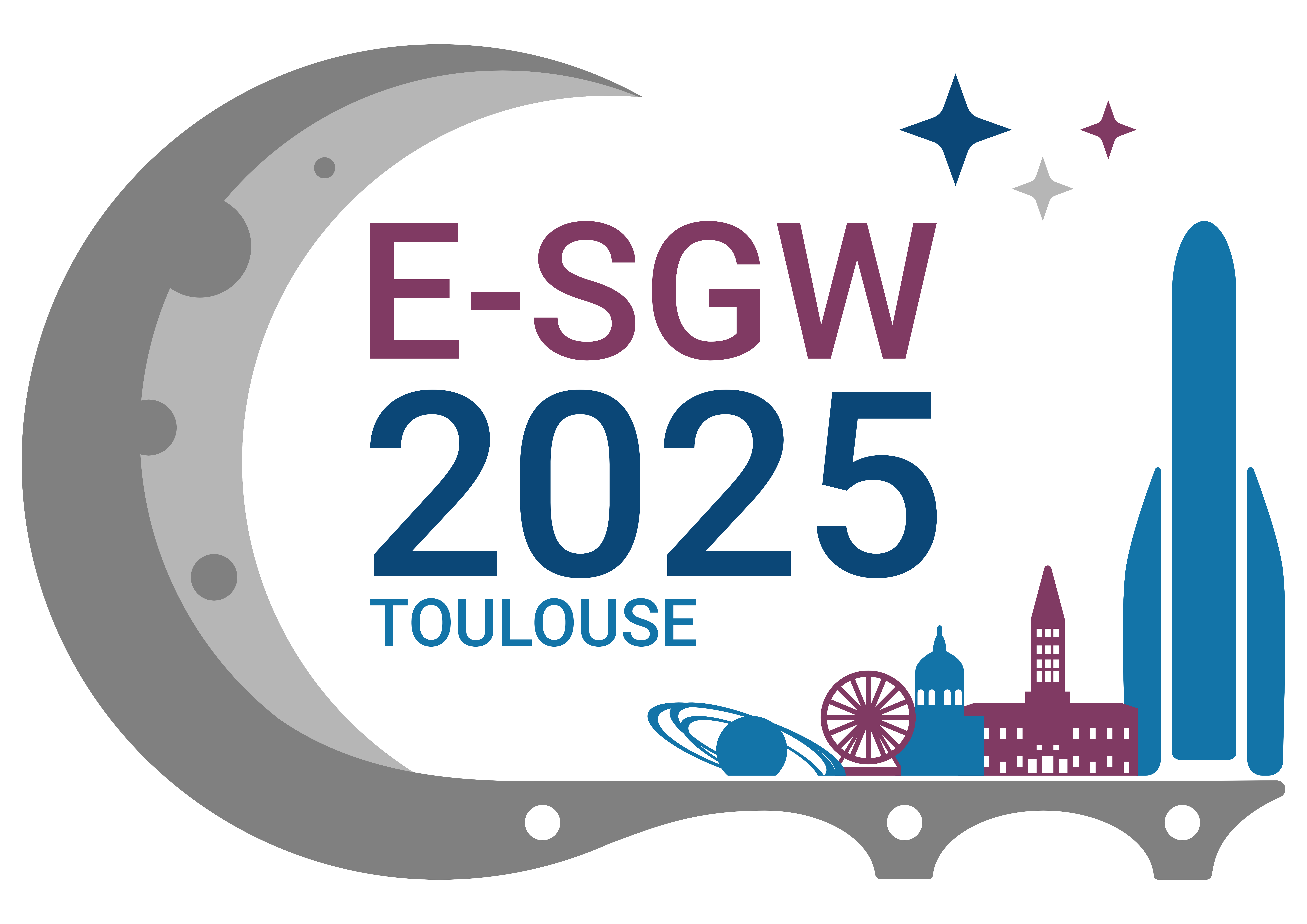Move an Asteroid Competition
Never has there been a better time to study Near-Earth Objects (NEOs). Astronomers worldwide are on constant lookout for undiscovered asteroids and comets. New tools have allowed the discovery of a great number of such objects in the past two decades. While large-asteroid events capable of causing species extinction on Earth are rare, experts are increasingly concerned about their likelihood. Far more common objects between 10 and 100 meters large, such as those responsible for the recent Tunguska and Chelyabinsk events, can cause significant damage and loss of life, making detection and preparedness efforts all the more pressing. In addition, worldwide interest in missions to NEOs for human and/or robotic exploration and for resource utilization is growing.
Application first Round Deadline for Abstract: 15th March 22nd March 2019, 23:59 GMT – Deadline extended!
Application first Round Deadline for Paper: 15th May, 2019, 23:59 GMT
Description
The competition challenges students and young professionals worldwide to develop original ideas relating to Near-Earth Objects. We invite technical paper submissions addressing one or more of the topics below:
- Safe deflection of an Earth-bound NEO
- NEO study, characterisation and detection
- Global NEO impact warning system
- NEO resource utilisation
- Proposals and concepts for NEO missions aiming at planetary defence, exploration, and/or resource utilisation
- NEO impact consequences
- NEO education programs and strategies
Entrants should describe in technical detail an idea that could lead to an improvement or innovation in any of the topic areas above. They should consider the use of current or realistic near-future technologies in their design. Entrants are not required to use specific asteroids and thus may make assumptions about likely asteroid compositions, densities and trajectories. Submissions should show originality, practicality, and familiarity with the technical literature and provide a clear written description of the concept. Submissions should be technical in content. Entrants should attempt to understand the scientific, engineering, and social challenges involved. Submissions on planetary defense should also recognize that most threats likely to occur within the next 100 years are from small NEOs.
Award
The main author of the winning paper will receive an award in order to attend and give a presentation at the following events:
- 18th Space Generation Congress (SGC): 17 – 19 October 2019
- 70th International Astronautical Congress (IAC): 21 – 25 October 2019
The award will include provisions for travel, accommodation, and registration for SGC and IAC. The total amount of the scholarship will be determined at a later date and communicated to those selected for round two.
How to Apply
To apply, please submit your complete application using the Scholarship Submission Form.
Please submit your documents as unlocked PDF files. Your name should be included at the top of all pages. Your submission should follow the competition guidelines below.
Your applications will need to include a link to your 400 word abstract written in English.
Guidelines
Eligibility
- The competition is open to all students and young professionals from any country.
- All individuals or team members shall be SGAC members between the ages of 18 to 35 inclusive (up to the day of their 36th birthday) on 1 October 2019.
- The competition is open to individuals or teams. In case of a team submission, a contribution breakdown of the co-authors to the content shall be included. One member shall be identified as the main author and main point of contact, and only one member of the team will be eligible to receive the scholarship.
- Competition organisers and judges are not eligible for this award.
- Winners should not receive support from any other source to attend SGC and IAC. Should winners receive such support midway through the program, SGAC should be informed and solution will be sought.
Submission
- The abstract/paper is due as an unlocked PDF document under 5 MB. It shall be submitted via the Scholarship Submission Form. You will need to be logged in as an SGAC member to access the submission page.
- The language of all submissions shall be English.
- The submission shall include original content and research. Work that has already been presented at a past conference or previously submitted to this competition is not eligible.
- The competition is divided into two rounds:
- First Round – Abstract
For the first round, you will need to submit an abstract conforming to the formatting requirements of the International Astronautical Congress (IAC) 2019, and not exceeding 400 words in length (see here for more information about IAC 2019 abstract rules). A select number of abstracts will be selected for round two. - Second Round – Paper
For round two you will be asked to submit a full paper conforming to the formatting requirements for submissions to the IAC 2019 (see here for more information about IAC 2019 paper rules).
- First Round – Abstract
- The best submissions to the First Round will be selected and only those will be eligible for the Second Round.
- The abstract/paper is due as an unlocked PDF document under 5 MB. All submissions shall be made by 22 March 2019, 23:59 GMT for the First Round, and 15 May 2019, 23:59 GMT for the Second Round. Any submissions after the deadlines will not be considered.
- In case of lack of quality of submissions, SGAC has the right to extend and or cancel the competition.
Responsibilities of the Winners
- The winning author shall:
- Attend the entire SGC 2019
- Attend the entire IAC 2019
- Support the running of SGC 2018 and the SGAC booth. These tasks offer great opportunities such as being the rapporteur of a SGC working group and helping with writing a group report, being the front face of SGAC at the SGAC booth and meeting interesting people.
- Submit a short report (2 pages excluding pictures) and a short video (1 minute) describing his or her experience at SGC 2019 and IAC 2019 for inclusion on the SGAC website, newsletter or social media and that of our partners
- Present the winning paper at SGC 2019 and/or IAC 2019
- Meet with the competition supporters during IAC 2019, the meeting will be organized by SGAC.
All responsibilities shall be fulfilled and reports etc. submitted not later than 1st of December 2019. In case the scholarship awardee(s) do(es) not complete the scholarship requirements on time, the scholarship funds will be transferred to SGAC general budget to continue supporting the mission and work of SGAC.
Reimbursement
- The award will be paid out after the SGC / IAC 2019, no later than 30 days after fulfilment of all responsibilities listed above.
- The scholarship award reimbursement is conditioned on the awardee fulfilling the scholarship requirements not later than 1st of December 2019.
- In case applicants or the winning author receive funding for SGC 2019 and/or IAC 2019 by any other organisation, the Scholarships Coordinators shall be informed. If the applicants don’t inform the Scholarships Coordinators, SGAC holds the right to not reimburse the winning author. SGAC aims to reduce the number of double scholarships and will work with the winners to develop a solution in these cases.
- Applicants are advised to not engage any expenses until they have formal confirmation that the competition has been awarded. The SGAC is not liable for any expenses incurred by applicants in any case where a competition is not awarded, or in excess of the value of the awarded grant.
Copyright and Intellectual Property
- By submitting an entry, applicants agree to permit SGAC and all affiliated organisers to mention their names, affiliations and headshot picture in connection with the competition.
- Copyright of the submitted entry shall remain with the contestants. However, by submitting an entry all contestants agree that SGAC and all affiliated organisers are granted non-exclusive reproduction rights regarding all submitted papers. SGAC and all affiliated organisers may also present ideas and findings generated by this competition at relevant conferences.
Liability
- Organisers shall not be responsible in the event that SGC 2019 and/or IAC 2019 is cancelled. SGAC will not reimburse the winning author, even if he/she has already incurred expenses.
- Organisers shall not be responsible in the event that the award winner fails to attend SGC 2019 and/or IAC 2019 or is unable to under extenuating circumstances; in that case the award offer shall become void.
- Organisers shall not be responsible in the event that the award winner cannot obtain any necessary travel documents; if they are required but not obtained, the award offer shall become void.
Evaluation
Evaluators will include members of the SGAC scholarship team and representatives of the scholarship supporter.
The evaluation will be made based on a point system taking following criteria and their weights into consideration:
- Scientific Content and Detail (40%)
- Originality (40%)
- Description of Concept (20%)
Schedule
| Entries accepted: | 1st of February 2019 |
| First Round Deadline: | 22 March 2019, 23:59 GMT |
| First Round Winners Announced: | 30 March 2019 |
| Second Round Deadline: | 15 May 2019, 23:59 GMT |
| Second Round Winner announced: | 1 June 2019 |
| Space Generation Congress: | 17–19 October 2019 |
| International Astronautical Congress: | 21 – 25 October 2019 |
Contact
For any questions, please refer to SGAC Scholarships Coordinators ([email protected]).
Past Winners
2018:
2017: Kristin Shahady, “A Call for Education and Innovation in Planetary Defense”, Paper
2016: Simon Molgat Laurin, “A Gravity-Surveying Surface Lander for Near Earth Asteroids”, Paper
2015: William Crowe, “Opportunistic flyby characterisation of Earth passing asteroids”, Paper
2014: Clemens Rumpf, “Global Asteroid Risk Analysis!”, Paper
2013: Massimo Vetrisano, “Online Measurement of Very Low-Thrust Deflection Actions”, Paper
2012: Sung Wook Paek, “A Multi-Functional Paintball Cloud for Asteroid Deflection”, Paper
2011: Alison Gibbings, “A Smart Cloud Approach to Asteroid Deflection”, Paper
2010: Ben Corbin, “Implementing Advanced Technologies and Models to Reduce Uncertainty in a Global, Cost-Effective Asteroid Mitigation System”, Paper
2009: Sini Merikallio, “Moving an Asteroid with Electric Solar Wind Sail”, Paper
2008: Mary D’Souza, “A Body Solar Sail Concept for the Deflection of 99942 Apophis”, Paper

![[SGC-IAC] SGC Art Competition 2025](https://spacegeneration.org/wp-content/uploads/2025/04/sgc_sydney_logo-800x480-1-500x383.png)



